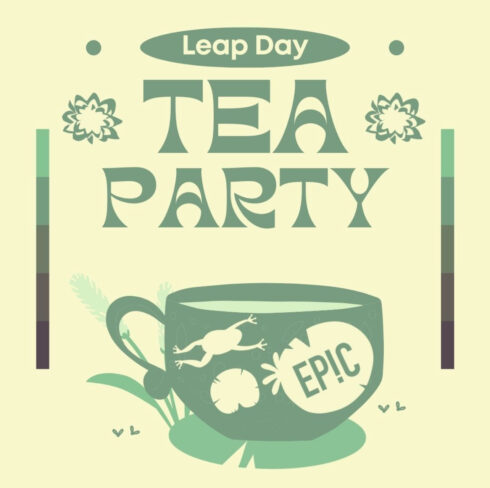
Ashland, Ore. – This term sees the opening of three new exhibits in the Schneider Museum of Art on campus by artists Avantika Bawa, Heidi Schwegler, and Matt McCormick called 3. All three exhibits are the first of a two-part exhibition of the Southern Oregon SITE Project. There are set to be six contemporary artists featured and all making their work in response to the ‘site’ (physical, political, historical, psychological, etc.) of Southern Oregon and/or the Schneider Museum.
The first in the series, by Bawa, is a representation of local Emigrant Lake. Bawa, a minimalist artist, explains that the ‘stage’ style presentation is an acknowledgement to the theatre arts of Ashland, and has elements that represent the lake visually, its controversial history, and its formation.
The piece by Schwegler, Visibility Near Zero, is a project that takes discarded objects and shows them in a new light. Things such as an old mattress, a broken lampshade, and a gas can are given new meaning instead of becoming what society calls ‘trash’. The artist explains this project is meant to give new life to the objects, but also allow the audience to take a deeper look at the seemingly mundane in a world bombarded with images.
Last is The Great Northwest by McCormick which is both an exhibition and an experimental documentary. The work is based around a scrapbook made by four Seattle women in 1958 and found by McCormick in a thrift store. The 3,200 mile trip documented in the scrapbook has been recreated by McCormick through photographs and video. According to McCormick, the work sets to highlight how the visual landscape of the region has changed over the past fifty years, and explores tourism, roads, and natural resources in the American West.
The pieces are all “an interesting representation of the artists’ perspective”, says Schneider worker Jason Hayes.
On Thursday, May 1, Bawa will lecture at 5:30 p.m., followed by a performance by vocalist Christine Williams that will be a combination of composed pieces and improvised vocals performed in response to the space and work.
The museum is open Monday-Saturday from 10 a.m.-4 p.m. Students and faculty are free, with a $5 suggested donation for all others. For more information, call: (541) 552-6245.


